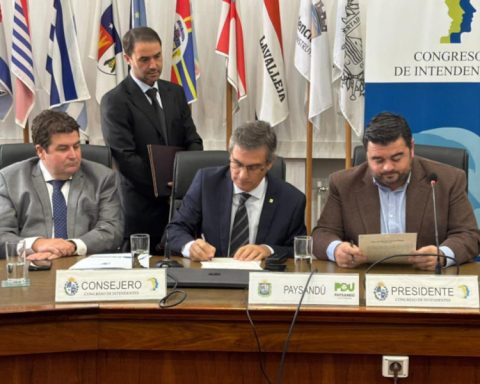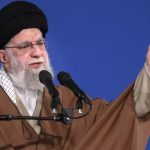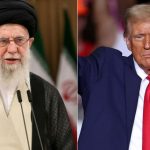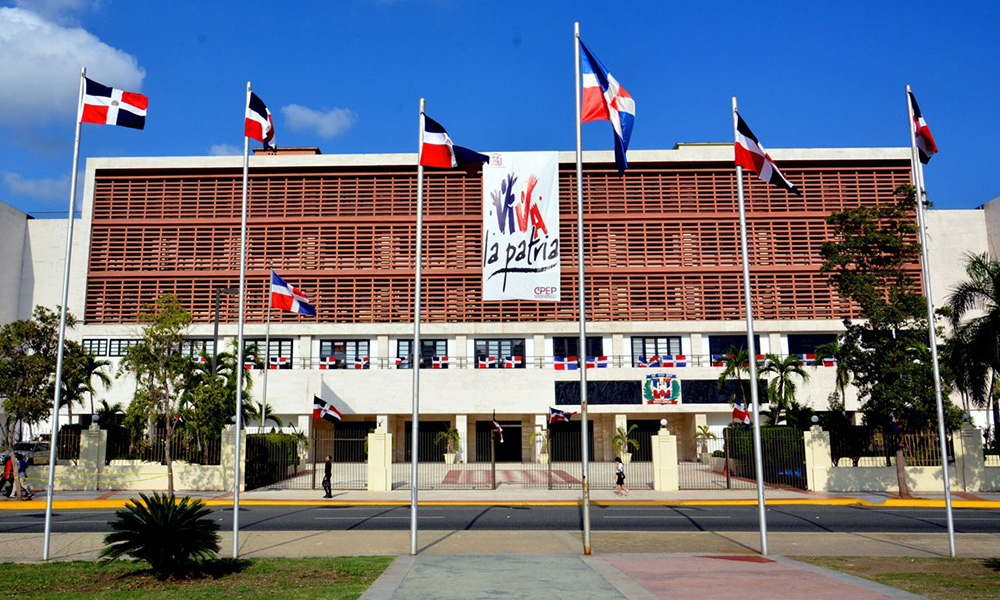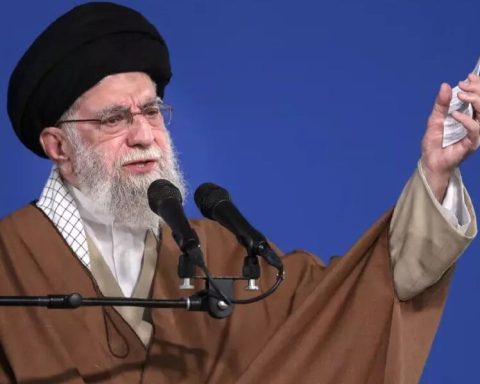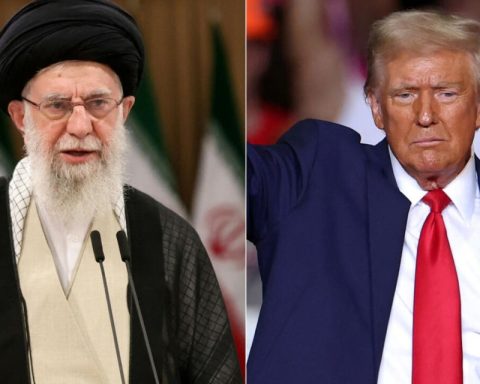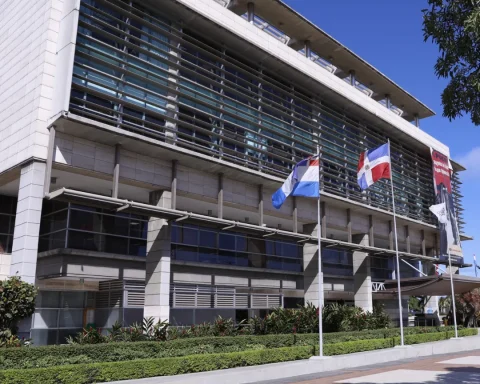The government approved and published the National Intelligence Policya document required by the law that regulated the National State Intelligence System in 2018, and which constitutes a novelty to the extent that It is the first time that Uruguay has made an intelligence policy explicit..
The document written by the director of the State Strategic Intelligence Secretariat, Álvaro Garcé, covers 16 points in which he develops general aspects, such as the importance and role played by state intelligence at a global level, and specific aspects such as the strategic objectives, the threats faced by the Uruguayan state, the limits in fulfilling the function and the management of classified information.
“It is a new step, an essential one”valued the political scientist and specialist on the subject Nicolás Álvarez Rosas in conversation with The Observer. The expert highlighted the document’s emphasis on aspects related to the development of a “intelligence culture”.
On this point, the text establishes that “an intelligence culture will be promoted so that society knows and understands the mission and tasks that are assigned by right.” To this end, efforts are being made to work with civil society to broaden the universe of Uruguayan intelligence beyond police and military circles. The decree states that the intelligence agencies “will promote the education, training, and instruction of intelligence personnel at the highest level, including tertiary and university courses, both in the country and abroad, and will promote interaction with the academic world. , in particular, the inclusion of knowledge related to Intelligence in specialized university and tertiary study plans”.
In this sense, Álvarez Rosas considers that it is important “demystify” intelligence activities such as “first step to clarify its importance” in the current security scenario. “Historically, intelligence has been reduced to activities of dubious legality carried out by obscure characters. This Hollywood chronicle about the profession helped install a negative perception of the activity in the collective imagination. Happily, things have changed, but that idea continues to prevail in the public. For this reason, continuous work in this aspect is key”Alvarez Rosas highlighted.
The presidential decree that gives life to the intelligence policy reproduces the threats listed in the National Defense Policy, for which the main threat facing the country is the “violation of terrestrial, maritime, aerospace or cyberspace sovereignty”followed by the terrorismthe organized crime and the cyber attacks. The ten-point list is completed by the consequences of catastrophic meteorological phenomena, biosafety incidents, environmental deterioration, pandemics and epidemics, democratic instability in the region, and regional conflicts.
How to do intelligence?
The National Intelligence Policy provides a framework for activity. It says that the fulfillment of the function is “will strictly comply with the law” and it will be developed in “full subordination to the Law and with the consequent functional responsibility of its hierarchs and officials.”
The intelligence agencies “will apply the necessary diligence” in order to “guarantee the rights of people, in particular, personal privacy, honor and due process.” The document also says that state intelligence will not get involved with children, will not intervene in the political, social or economic activity of the country or in its foreign policy or in the internal life of political parties.
“Nor will they directly or indirectly influence public opinion, people, the media, associations or groups of any nature, nor will they reveal or divulge information acquired in the exercise of their functions, outside of the provisions of the law, except expressly court order or authorization,” he adds.
For everyone there “special procedures” specified in the intelligence law of 2018 (interventions, listening, recordings, etc.) it is required to obtain the corresponding judicial authorization. In addition, it establishes parliamentary scrutiny and the need for extensive interaction with the intelligence system.



